Fennel Seeds
Fennel (Foeniculum vulgare) is a flowering plant belonging to the carrot family (Apiaceae). It is a tall, aromatic herb that typically grows to a height of 3 to 5 feet (0.9 to 1.5 meters). Fennel has finely divided, feathery leaves and produces clusters of small, yellow flowers. It is known for its distinctive licorice-like aroma and flavor.
₹1,000.00
FENNEL SEED
Plant Description: Fennel (Foeniculum vulgare) is a flowering plant belonging to the carrot family (Apiaceae). It is a tall, aromatic herb that typically grows to a height of 3 to 5 feet (0.9 to 1.5 meters). Fennel has finely divided, feathery leaves and produces clusters of small, yellow flowers. It is known for its distinctive licorice-like aroma and flavor.
Taste and Color: Fennel seeds have a sweet and slightly spicy flavor with hints of anise or licorice. They are oval-shaped and green to brown in color, depending on their maturity.
Soil Type for Growth: Fennel thrives in well-draining, fertile soil with a pH level between 5.8 and 6.8. It can tolerate various soil types but prefers loamy, sandy soils.
Regions of Production: Fennel is grown in various regions worldwide. It is particularly popular in Mediterranean countries like Italy and Greece. In India, the main regions for fennel production include Rajasthan, Gujarat, Uttar Pradesh, and Punjab.
Maturity Period and Environmental Conditions: Fennel is typically ready for harvest around 90 to 115 days after sowing. It grows best in areas with a mild climate, plenty of sunlight, and moderate rainfall. Fennel is a cool-season crop and can tolerate light frost but doesn’t do well in extreme cold or hot temperatures.
Physical Properties and Ingredients:
- Fennel seeds are small, elongated, and grooved.
- They are rich in essential oils, primarily anethole, which gives them their distinctive flavor.
- Fennel seeds also contain minerals like calcium, potassium, magnesium, and vitamins such as vitamin C.
Shelf Life and Storage Conditions: After harvesting, fennel seeds can maintain their quality for about two years if stored properly. To preserve their flavor and aroma, store them in an airtight container away from light, heat, and moisture. Keeping them in a cool, dark place is ideal.
Uses and Consumers:
1.Culinary Uses: Fennel seeds are a versatile spice used in various cuisines. They are often used in Indian, Mediterranean, and Middle Eastern dishes. They can be dry-roasted and ground to enhance the flavor of curries, stews, and bread. Fennel seeds are also used to make spice blends like “five-spice powder.”
2.Medicinal Uses: Fennel seeds have been used for their potential health benefits. They are believed to aid digestion, relieve bloating, and soothe gastrointestinal discomfort. Fennel tea, made from crushed fennel seeds, is a popular remedy for digestive issues.
3.Culinary Garnish: Fennel leaves, known as “finocchietto” in Italian cuisine, are used as a garnish for salads, soups, and seafood dishes.
4.Beverages: Fennel seeds are used to flavor liqueurs, such as absinthe and pastis, and are sometimes added to herbal teas for their aromatic properties.
5.Essential Oils: Fennel essential oil is extracted from the seeds and is used in aromatherapy and for its potential therapeutic benefits.
Fennel seeds are valued for their unique flavor and versatility, making them a popular ingredient in both culinary and medicinal applications worldwide.

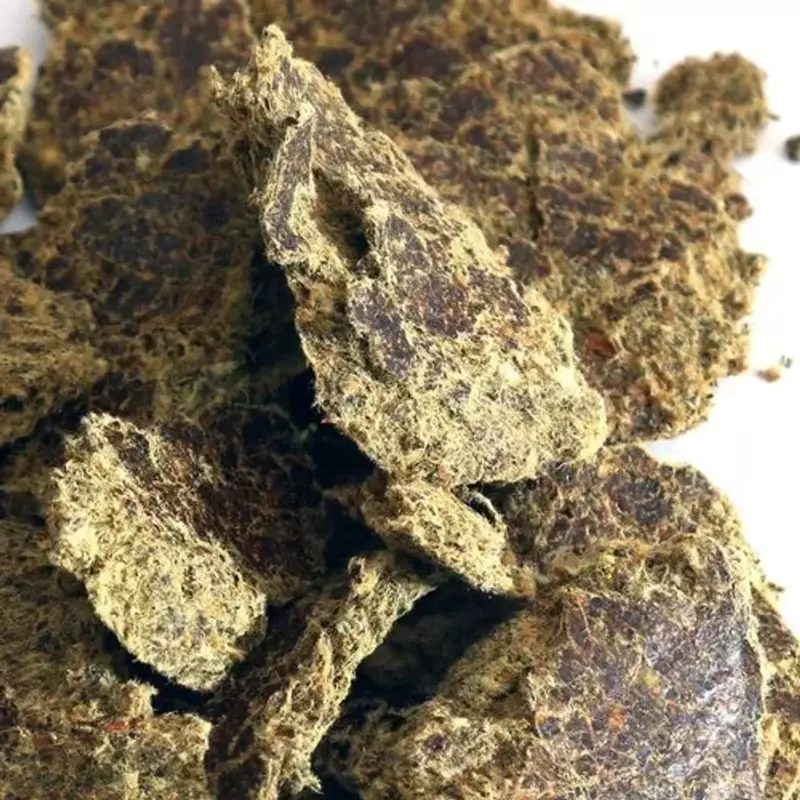
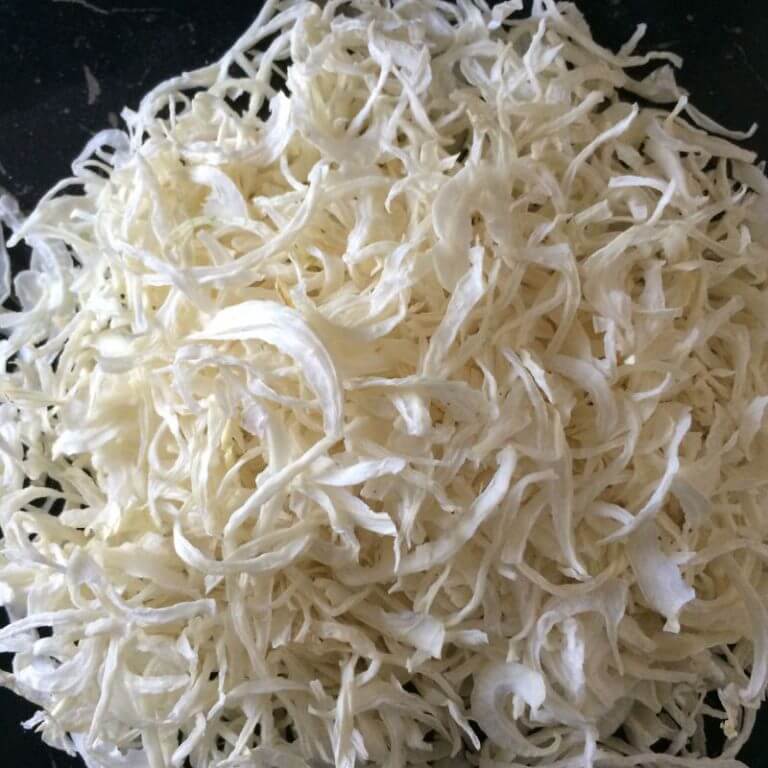
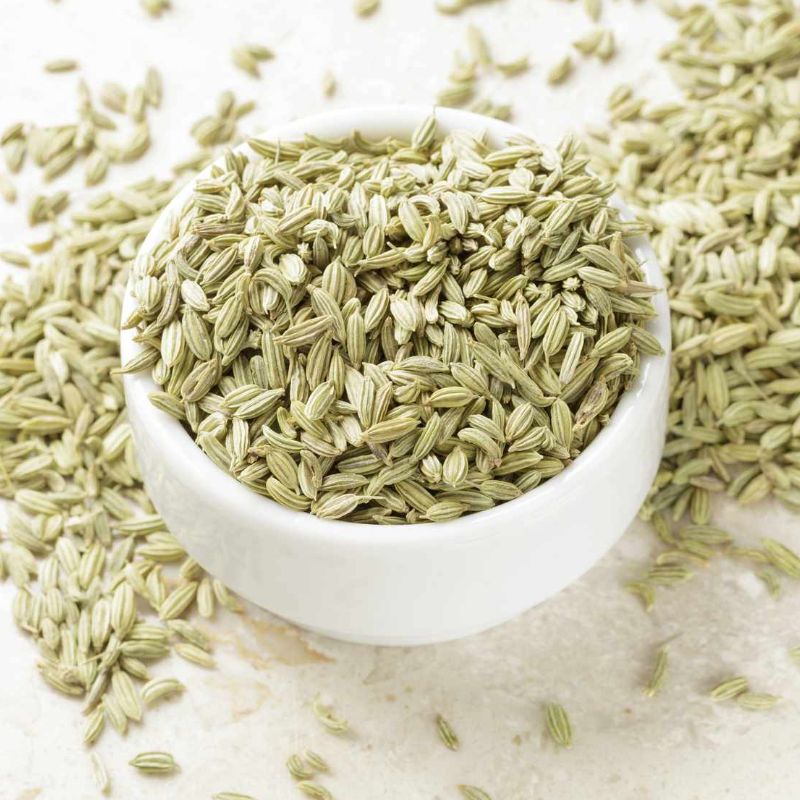

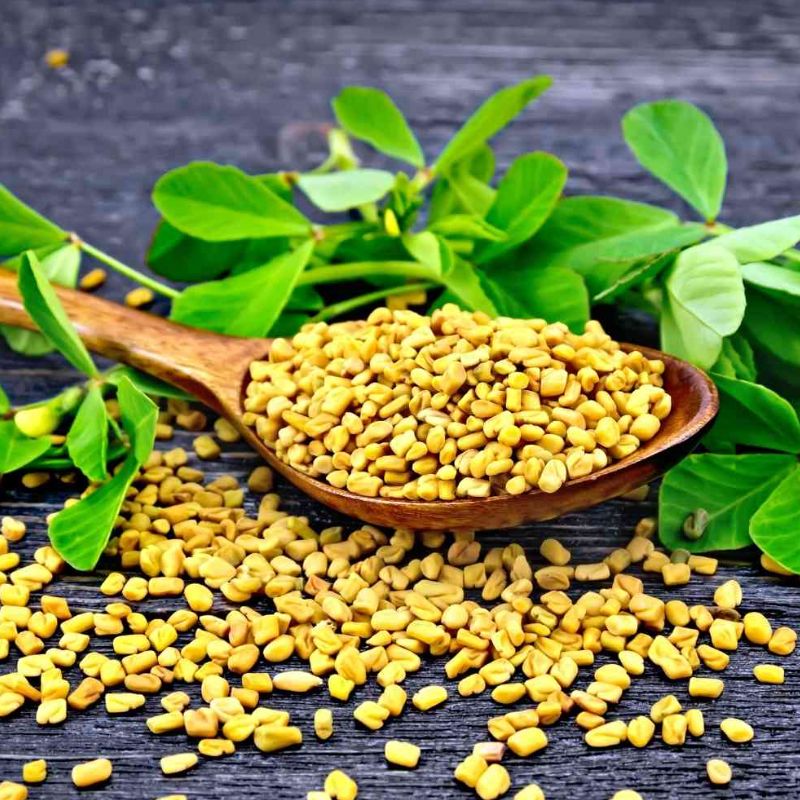
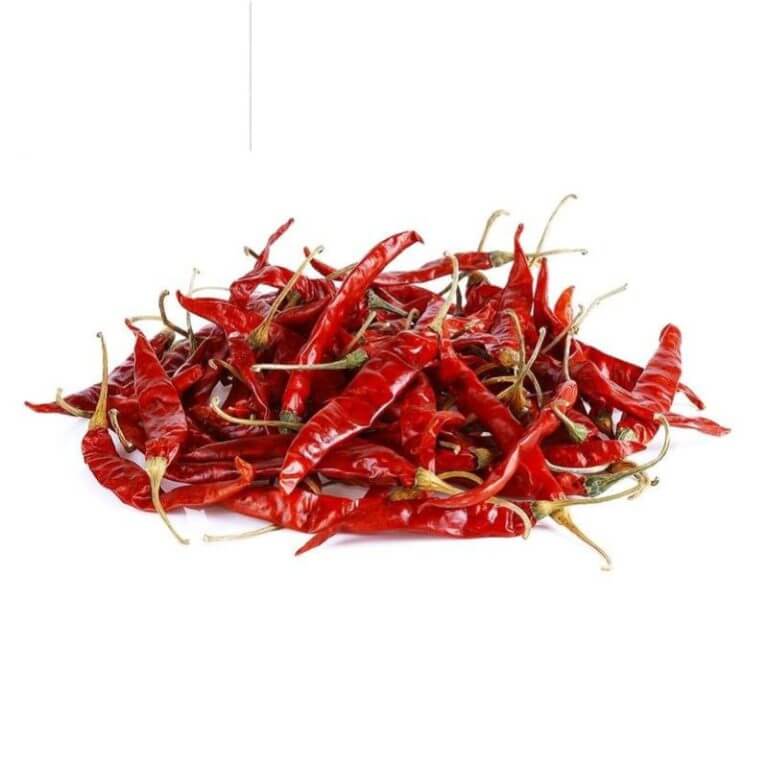

Reviews
There are no reviews yet.